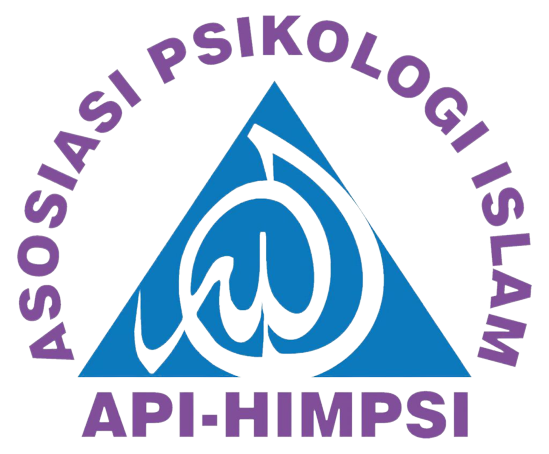Remaja : Pengalaman Menjadi Anak, Istri, dan Ibu Di Usia Muda
DOI:
https://doi.org/10.36341/psi.v6i1.2612Keywords:
remaja, pengalaman, kehamilan, pertumbuhan, nilai kehidupanAbstract
Kehamilan remaja terjadi hampir di seluruh dunia, berpotensi berdampak pada kesehatan dan perkembangan sosial ibu, anak, maupun keluarga. Penelitian ini bertujuan mengeksplorasi pengalaman hidup remaja dalam menjalani kehamilannya serta nilai-nilai hidup yang menyertai proses menjalani peran sebagai anak, istri, dan persiapan menjadi seorang ibu. Penelitian ini menggunakan pendekatan kualitatif dengan desain fenomenologi. Partisipan terdiri dari 2 orang remaja, dalam masa kehamilan, putus sekolah, serta tinggal bersama suami dan keluarga. Data penelitian didapatkan melalui wawancara semi-terstruktur dan diolah menggunakan analisis fenomenologi interpretatif. Lima tema kunci ditemukan: menikah dini karena takut melanggar norma; kehamilan membuat remaja bertumbuh; hidup menjadi lebih fokus; nilai kehidupan dalam kehamilan; dan dukungan keluarga. Remaja menyampaikan pengalaman positif dari kehamilannya, terutama anak sebagai sumber makna dan aspirasi yang telah mempengaruhi kehidupan mereka, serta mengubah cara mereka memaknai peran mereka sebagai anak dan istri. Nilai-nilai hidup dan dukungan keluarga menjadi faktor penting dalam menjalani masa transisi menjadi orang tua.
Downloads
Downloads
Published
Issue
Section
License
1. Copyright of all journal manuscripts is held by the Psychopolytan : Jurnal Psikologi
2. Formal legal provisions to access digital articles of electronic journal are subject to the provision of the Creative Commons Attribution-ShareAlike license (CC BY-NC-SA), which means that Psychopolytan : Jurnal Psikologi is rightful to keep, transfer media/format, manage in the form of databases, maintain, and publish articles.
3. Published manuscripts both printed and electronic are open access for educational, research, and library purposes. Additionally, the editorial board is not responsible for any violations of copyright law.
licensed under a Creative Commons Attribution-ShareAlike 4.0 International License.








